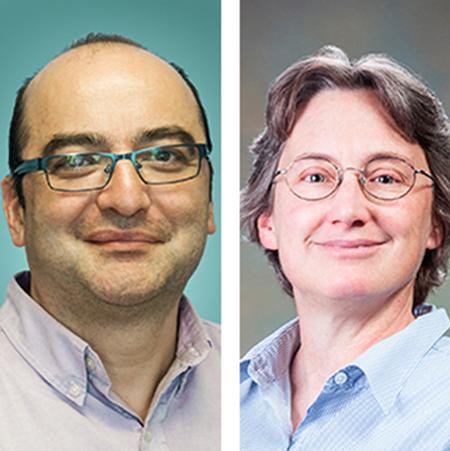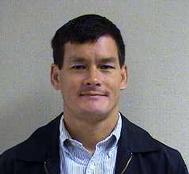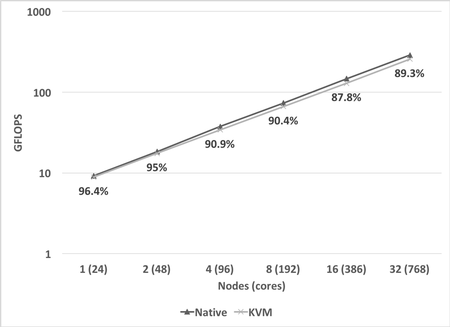News Article, February 1, 2016 • Sandia scientists Ali Pinar (8962) and Cindy Phillips (1400) have been selected as distinguished members of the Association for Computing Machinery (ACM). ACM, the world’s leading association of computing professionals, selected Ali and Cindy for their significant accomplishments and impact in computing. ACM recently selected 49 members for this recognition...










